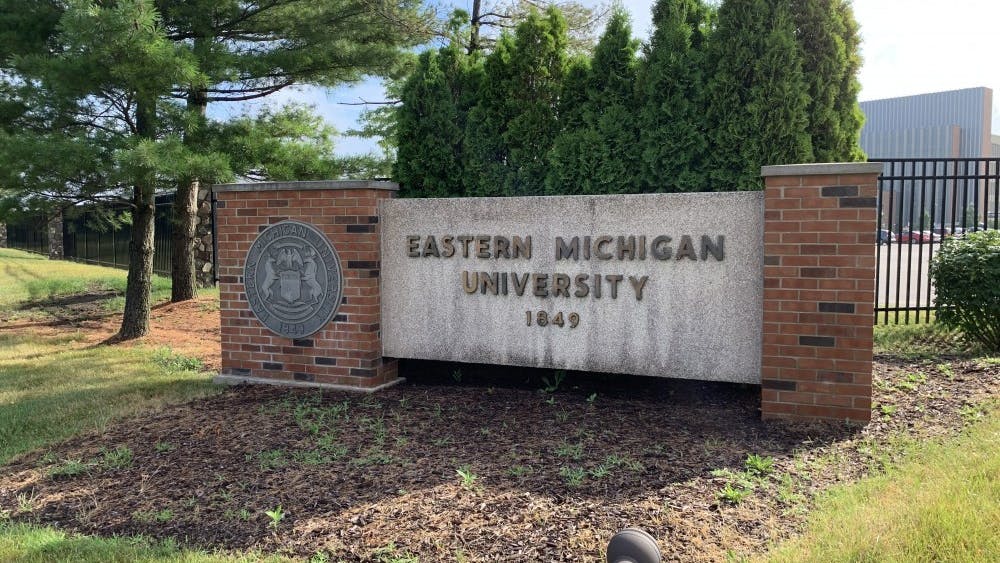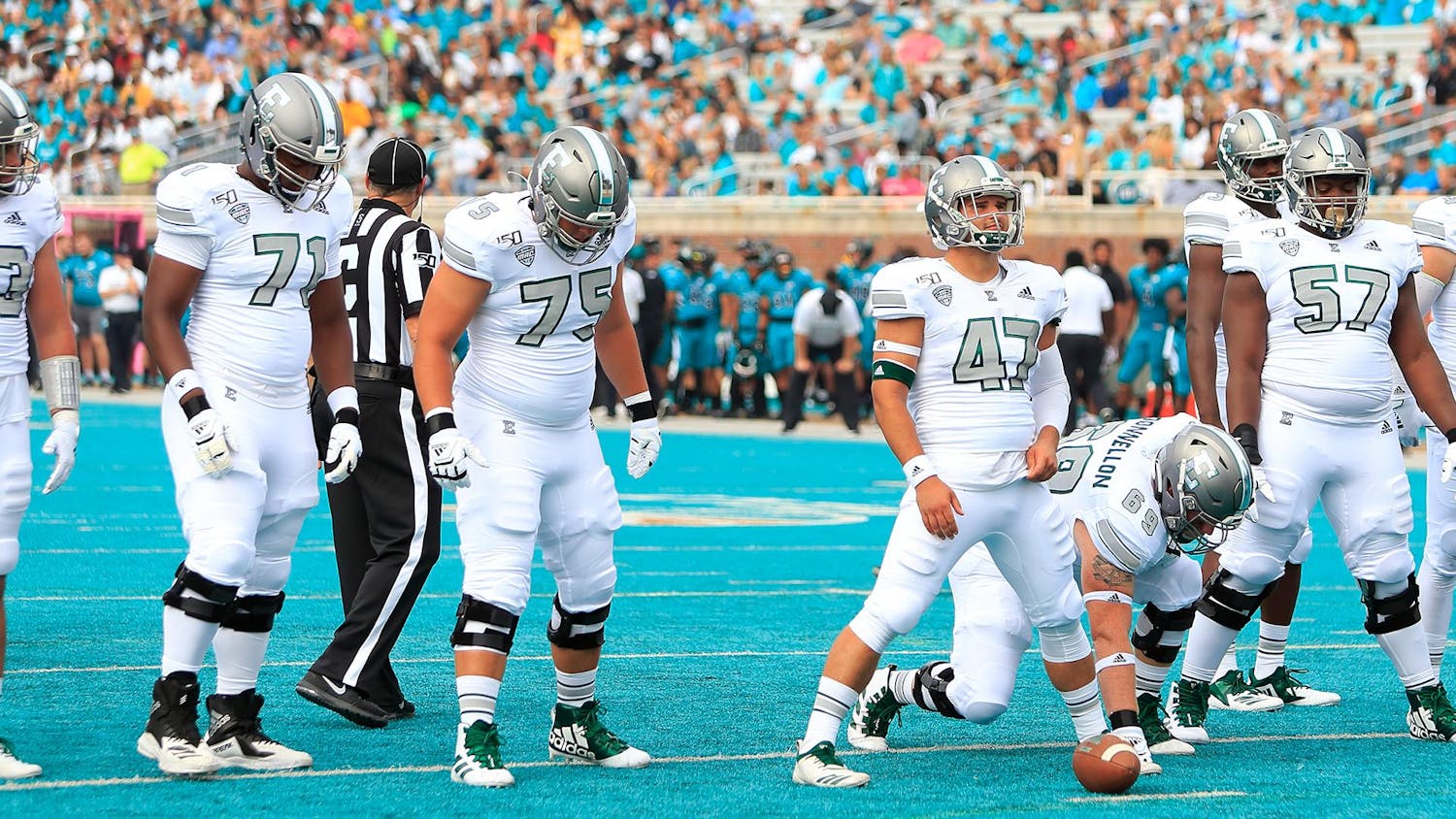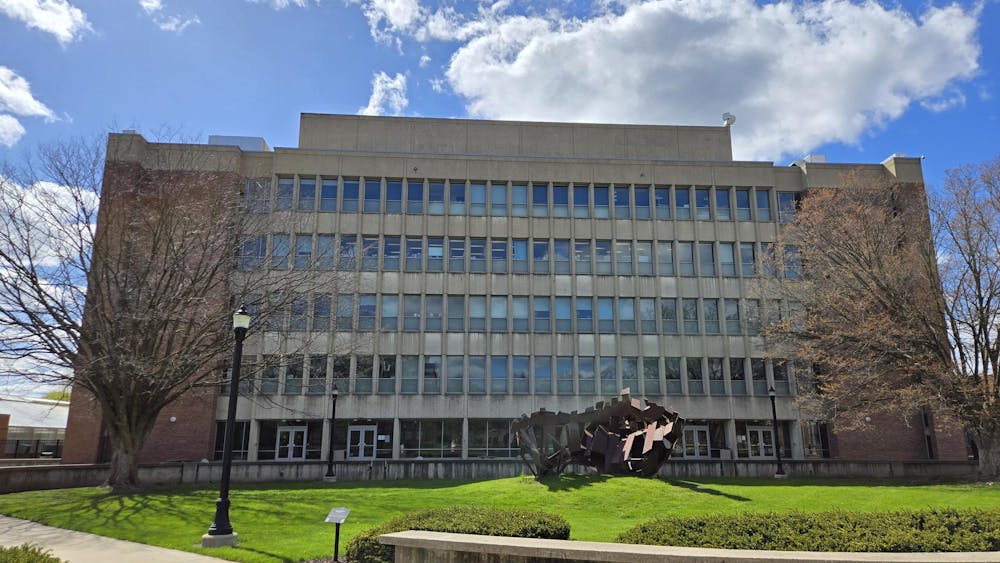DALLAS – Texas environmentalists sued Tuesday to force the state to regulate carbon dioxide and other greenhouse gases as pollutants, which the Obama administration is preparing to do on a national scale.
The lawsuit, filed by Public Citizen in Travis County District Court, cites legal arguments similar to those that prevailed in a lawsuit by 12 states, not including Texas, against the Bush administration. In that case, the U.S. Supreme Court ruled in 2007 that the federal Clean Air Act required the EPA to consider controlling CO2 as a pollutant.
The Texas lawsuit is believed to be the broadest effort so far to require a state to control CO2 through the permits it grants for power plants, refineries, factories and other industrial facilities. It also comes as Congress considers unprecedented legislation to regulate the United States’ human-made greenhouse gases, and as world leaders prepare for a major climate conference in Copenhagen in December.
Texas ranks first among states in human-made greenhouse gas emissions and would rank seventh worldwide if it were a separate country, according to U.S. and United Nations figures.
Despite Texas’ global status, Public Citizen says in its lawsuit that state rules not only bar discussion of CO2 or global warming in permit disputes, but “even block the collection of information about CO2 emissions in Texas-which are immense, increasing, and dangerous.”
“Scientists, governments and regulatory agencies in other states, at the federal level, and internationally recognize that CO2 emissions contribute to global warming, thereby causing significant impacts from climate change,” the lawsuit says. “Indeed, for many years, the likelihood of such harms has been ever increasingly documented, to the point that CO2 now is recognized to be a very harmful air contaminant and pollutant.”
State legislation to regulate greenhouse gas emissions in Texas has failed repeatedly, and Gov. Rick Perry disputes the danger of global warming and the wisdom of regulating CO2 in Texas or nationally.
In reacting to Public Citizen’s suit, TCEQ Chairman Dr. Bryan W. Shaw, a Perry appointee, echoed that view.
“The science on global warming is far from settled,” Shaw, who also is an associate professor of biological and agricultural engineering at Texas A&M, said in a statement. He said incorrectly done regulations “will impose great costs on Texas, without any guarantee of a measurable environmental benefit. Reducing CO2 in Texas will do nothing to lower CO2 globally, but will have the effect of sending U.S. jobs to China and India.”
Shaw’s assertion brought a retort from Dr. Gerald North, distinguished professor of atmospheric sciences and oceanography at Texas A&M.
“Of course, Dr. Shaw is wrong on this,” North said. “There is a range of uncertainty in the amount of warming and other consequences of anthropogenic global warming, but there is a strong consensus among working climate scientists that the warming will be substantial and that the likelihood is that there will be some negative impact in Texas.”
North added, however, that there’s money to be made from turning Texas’ wind and sun into renewable energy.
“Wind and solar throughout most of West Texas should provide enough clean electrical energy to keep us happy for many years,” he said. “Ranchers out there who are running out of water from the aquifers will find plenty of profits on their new solar and wind farms.”
The case for or against CO2 regulation in Texas turns upon the nature of greenhouse gases and the requirements of Texas law.
In April, the EPA proposed to declare greenhouse gases as threats to human and ecological health under the federal Clean Air Act – not because inhaling them directly is harmful, but because of the consequences of the climate change they can cause.
Those effects are likely to include more urban ozone, or smog, as well as the erratic responses of a disrupted global atmosphere, ranging from more droughts in some areas to more heavy downpours and floods in others, the EPA said. Heat waves and wildfires could increase, along with higher sea levels and more intense storms, as well as damaged water resources, agriculture, wildlife and ecological systems, the agency said.
Given such impacts, the EPA said, greenhouse gases met the law’s definition of a pollutant and should be regulated – the same conclusion the Supreme Court reached in Massachusetts v. EPA in 2007. That 5-4 decision said the Clean Air Act required the EPA to regulate CO2 unless it found strong scientific evidence against such a move.
When the EPA under the Obama administration started the process of declaring greenhouse gases as health risks in April, administration officials said they wanted Congress to pass global warming legislation rather than have the agency write greenhouse gas rules.
Environmentalists and many scientists hailed the decision, while critics, including the Supreme Court’s minority, maintained carbon dioxide is not a pollutant either legally or in reality.
The Public Citizen lawsuit makes the same argument as the federal case, with additional assertions based on Texas law. The Texas Clean Air Act says the TCEQ shall regulate contaminants that threaten public health, safety and welfare “by all practical and economically feasible methods.”
“We just took a page out of Massachusetts v. EPA,” said Tom “Smitty” Smith, Public Citizen’s Texas director.
Disputes over new coal-burning power plants, the state’s biggest industrial sources of CO2, are where a Texas rule on greenhouse gases would be felt first.
Opponents to new coal-burning power plants in Texas have repeatedly been barred from raising legal arguments about the plants’ CO2 emissions, with state administrative judges citing the lack of state or federal regulations.
The EPA said last week it intends to require CO2 controls on new power plants and other major industrial facilities. It also plans to require major sources to count and report their emissions. Currently, only power plants report their CO2 to the EPA.
Public Citizen said it had already estimated how much the emissions from new coal-burning plants in Texas would emit. To the 677 million tons Texas emitted in 2007, the group said, five new plants now awaiting permits and six others permitted in the past four years would add 77 million tons a year.









